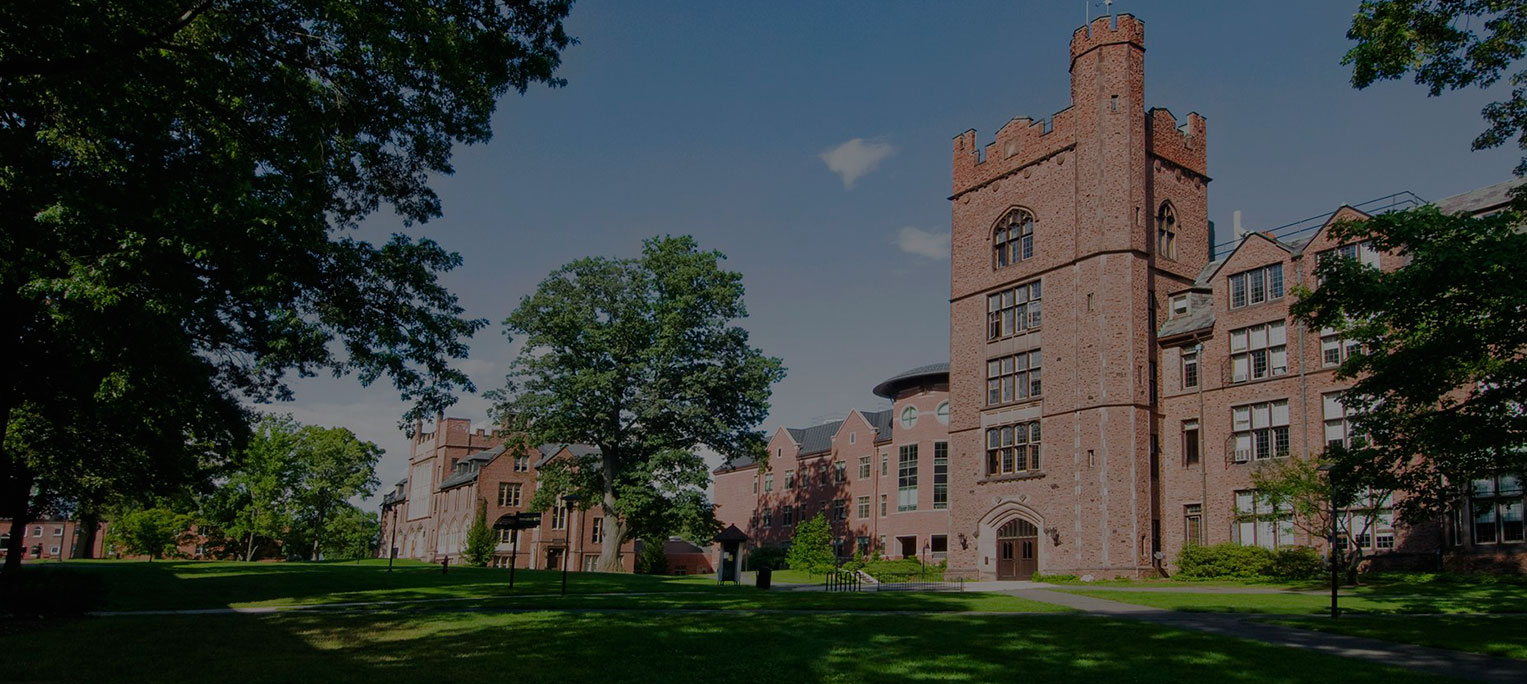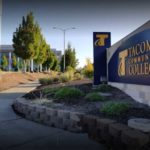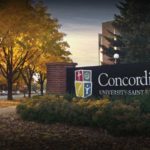07 Apr Study in USA
Home to diverse ethnicities, highest number of top ranked universities, and picturesque landscapes, the USA is truly a land of opportunities. Choosing to study in the USA offers you the wonderful avenue of growing academically, culturally and socially.
The USA has the world’s largest international student population, with more than 1,000,000 students choosing to broaden their education and life experience in the United States.
The country stands as a pioneer in providing quality of education. For this reason. more than 150 Universities in the USA are ranked among the top universities of the world by QS rankings 2020.
The USA is a land of opportunities, as it is home to some of the largest companies in the world. Therefore, even after studying at a US university, there is a chance to grow in the country.
Work Rights for Students
International students studying in the USA on an F-1 status visa can work on campus up to 20 hours a week while school is in session, and can work full time during vacations / scheduled breaks.
In order to get paid, you will need to have a Social Security Number (SSN). As soon as classes begin you can look for part time employment.
Post Study Employment Rights
The F-1 entitles students to apply for Optional Practical Training (OPT) at the end of the study period, so that you can stay in the US for up to a year to apply the knowledge learned through work related to the major field of study.
If you have a degree from the government’s designated list of STEM(Science, Technology, Engineering, Mathematics) subjects, you may be eligible to extend the OPT by an additional 17 months, which allows you to stay in the US for up to 29 months after graduation.
During this period, you must try to gain a permanent job offer and sponsorship from a US employer, on obtaining which you can apply for the H1-B, a more long-term visa.
You should apply for the 17 month extension when you are within 3 months of the end of the OPT period.
Dependants Stay
Only married couples are granted a dependent status, and sufficient proofs of financial resources must be presented demonstrating the ability to support your spouse and children in the country. Please check specific norms with the University you are enrolled with.
In order to attain the dependent status, your spouse can apply for F2, J2 or H4 visa. Children who are above 21 years cannot be brought on an international visa.
You can also consider bringing your spouse on a temporary visa, such as a work visa or tourist visa. If they do not wish to stay for a long-term in the USA, they can apply for a visa in B status which guarantees a short-term stay and is also considered as a visitor’s visa.
Your spouse can also apply for a work visa, such as L1 or H1-B in which case they need to find a job in the USA before migrating. Another option is if your spouse wishes to also undertake a course of study, then he/she can apply for an independent student visa.
Course options in USA
- BTech
- MBA
- MS
- BBA
- MASc
- Bsc
- MIM
- MFin
- MEng
- MA
- MIS
- MEM
- MFA
- MArch
- BHM
- MDes









